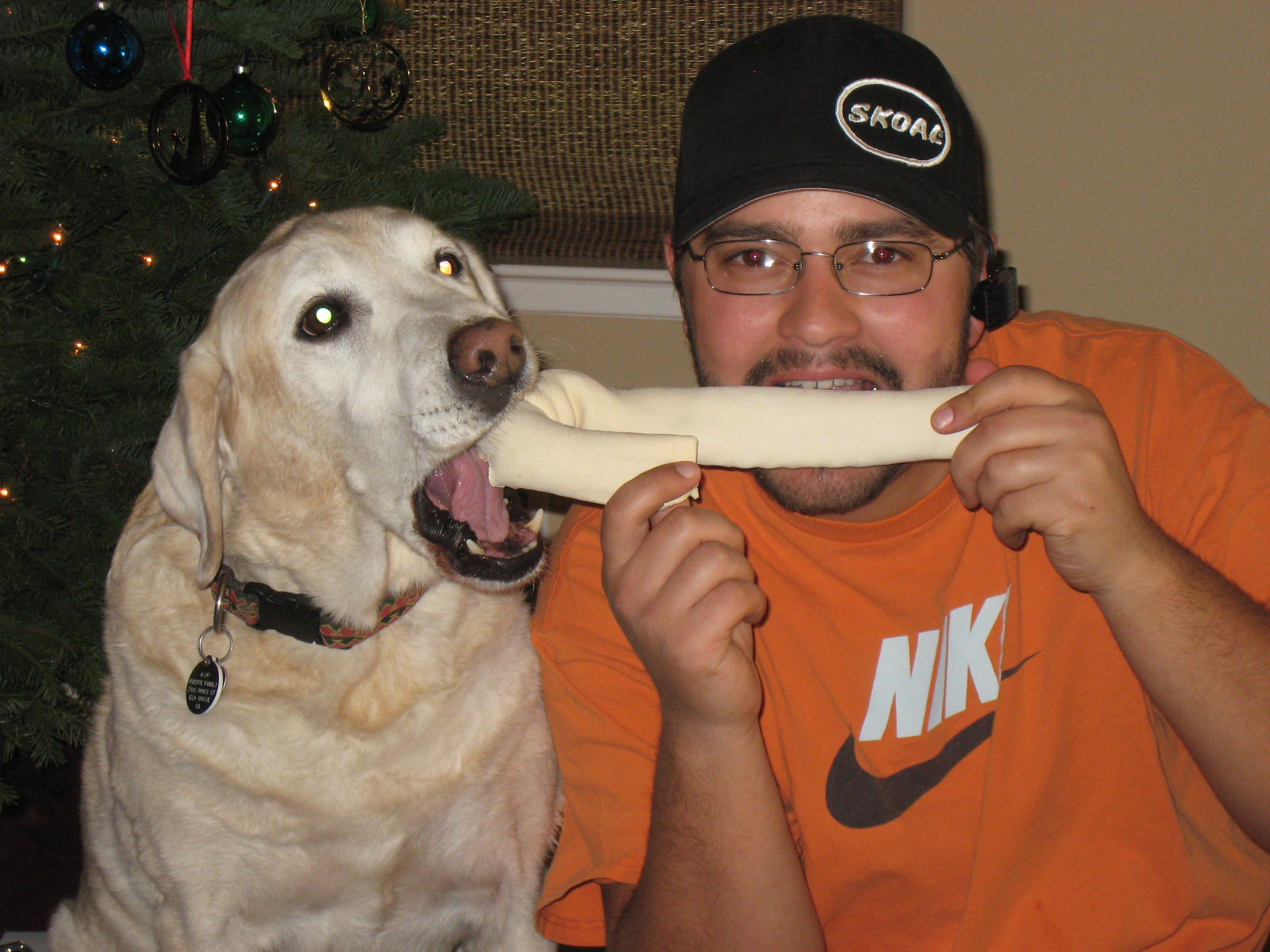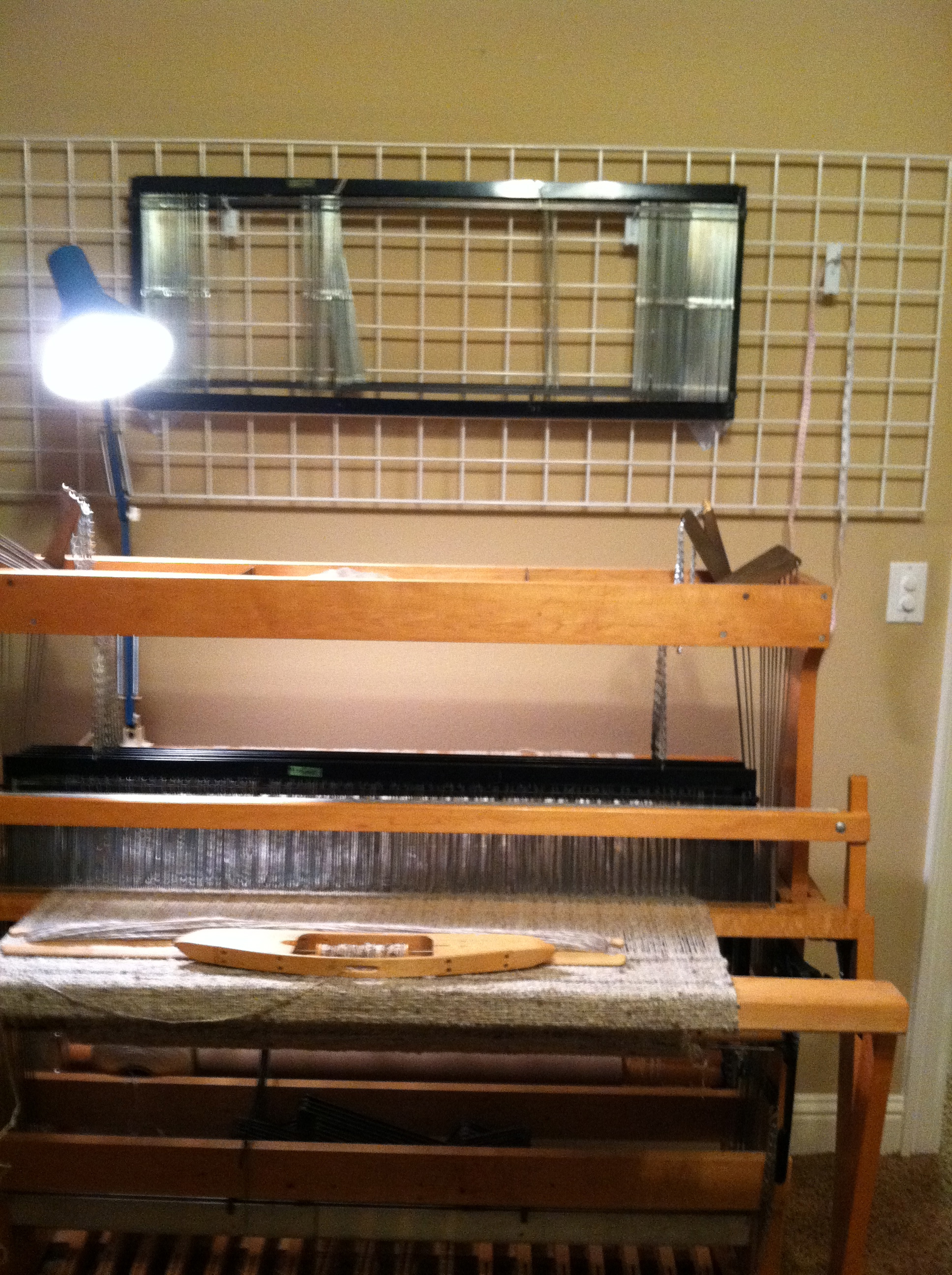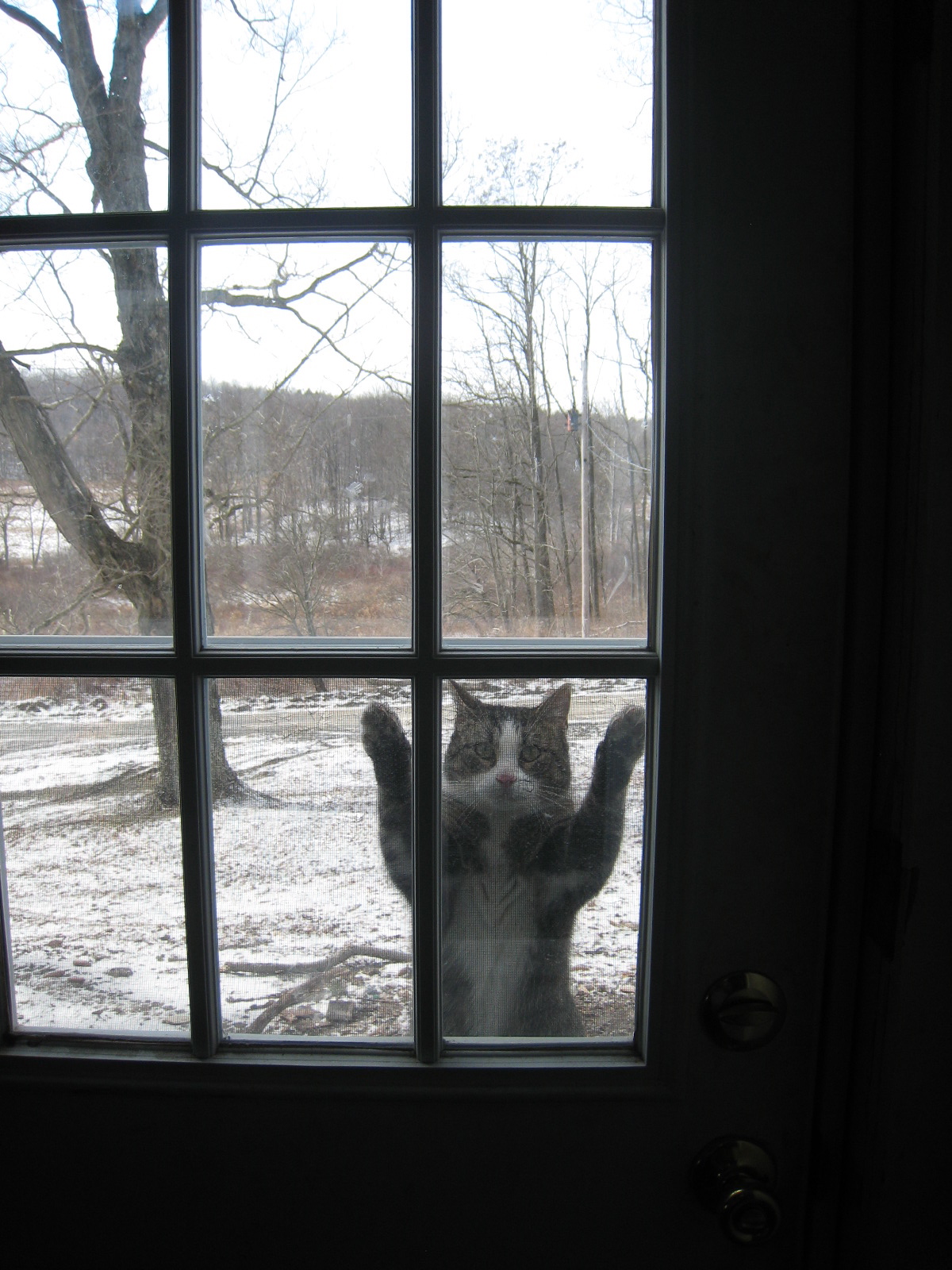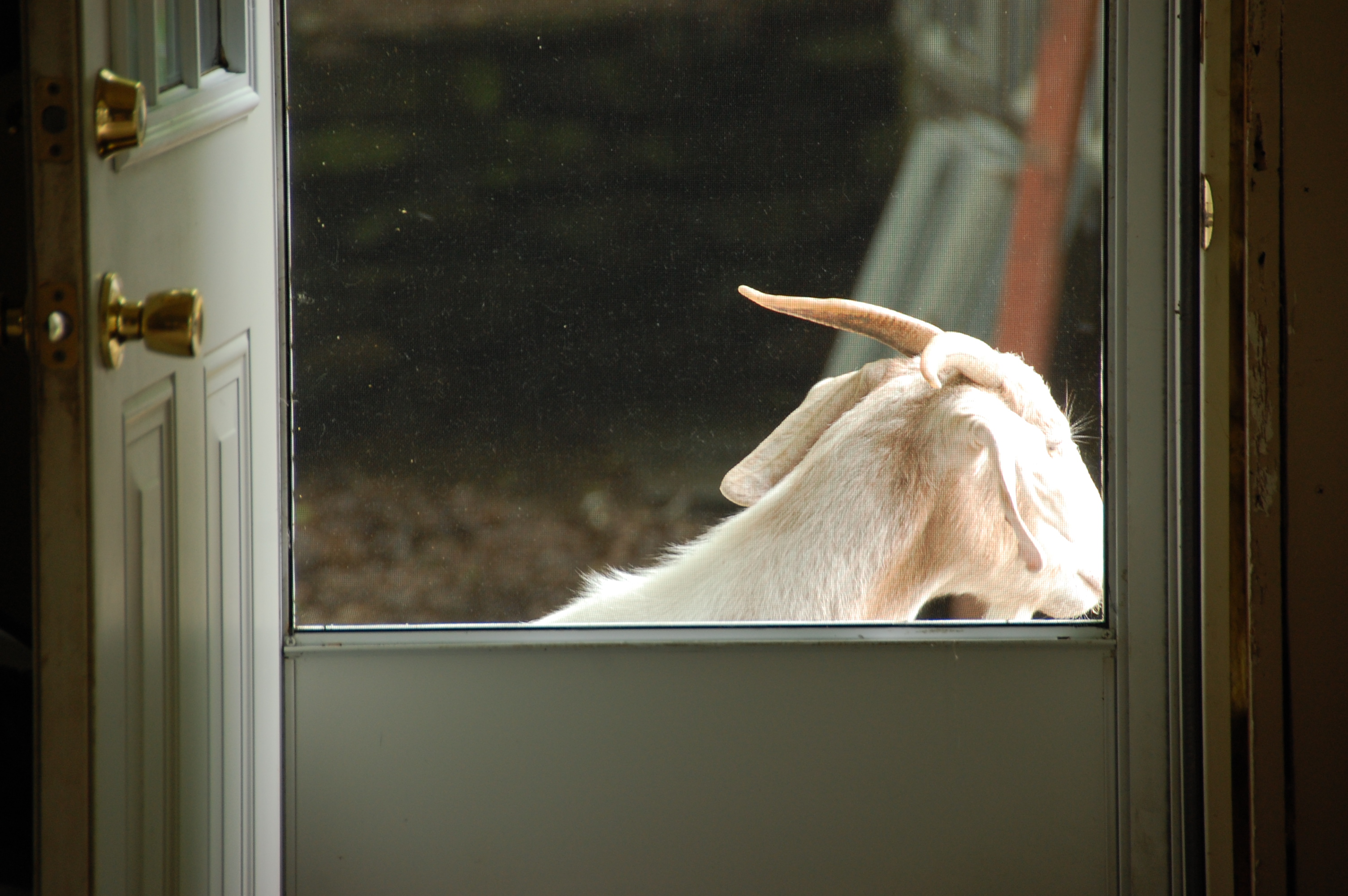“Fatigue is a daily lack of energy; an unusual or excessive whole-body tiredness, not relieved by sleep.” – Chemocare.com
A great article at The Myeloma Beacon on a recent study (by Nurses, of course!) regarding fatigue.
As I was reading this article, which goes a bit round and round, I was feeling a bit validated about my earlier post on this subject AND I was impressed with the fact that it was done and by Nurses! Kudos NURSES! You truly are on the front lines and GET IT!
The fatigue is profound and the causes are multi-faceted and unclear, but all related.
In order to catch my “related posts” on this you will need to click on the post headline to take you to this post in isolation and then the related posts will show up at the bottom.























thank you so much lori – all very excellent and appreciated suggestions. and your response really helped me put things in perspective, emotionally. and don’t you just know it, i just looked over at hugh while he was taking a short rest, and HE WAS LAYING ON HIS SIDE! some things just take time…
warm hugs,
karen
Karen, thank you for your response and I’m glad you guys are feeling a tad better!
I have no doubt that there is residual effects from the trauma of having his femur snap like that! I would suggest to just keep doing what you are doing, trying to ‘extrovert’ him and find joyful things you can share. Some gentle yoga stretches would be great. Has he done PT? It helped Dave to have more confidence.
You’re doing great!
hi lori,
sorry for this late response; both hugh and i came down with a potent virus, both of us sick for the 1st time since he was diagnosed in sept., 2009.
very interesting study by nurses – makes me proud to be one. i also revisited your past posts on the fatigue issue, which i remember as being extremely helpful coming from a fellow CG. all in all, it’s a viscious cycle, always a challenge especially when factoring in the need for sleep, and a balance of rest and activity, plus mood disturbances and a gajillion other bugaboos according to one’s individual circumstances currently we are battling (literally) a curious element that has come to light. hugh was always a side sleeper, but that changed with the femur fracture, surgeries, and prolonged periods of pain. since those early days he’s never returned to side sleeping, sleeps flat on his back, even though the pain is well-controlled. he has developed a habit of getting up at 5 am, and it suddenly occured to me – duh! – of course, it’s because of staying in one position for 6-7 hours – he needs to MOVE! and, of course, his affected leg is stiff and painful when he wakes – he’s reinforcing that stiffness all the while he has his legs in a straight-out position all night. the mystery is why, even with hearing this rationale from the ortho oncologist, the physical therapists, and me, he isn’t doing much to resume the healthier side sleeping. so i started observing – what else is playing into this? the mood disturbance issue piqued my interest. i think hugh has never fully recovered from the initial traumas he suffered – standing in a parking lot and suddenly having his femur snap in half; being transferred to a guerney then off, several times a day for a week of all kinds of testing, his femur still broken and painful, before surgery to repair his leg – months more of many other kinds of physical suffering in addition to the devastation of his diagnosis; so much total loss of control. and loss of physical strength. when he sleeps on his back, it reminds me of a soldier, flat out on a cot, always on alert and at the ready to resume battle. i think i am onto something here, but i am at a loss as to what to do to help hugh through this; he doesn’t talk about his fears, his pain, or emotions and i have often felt that trying to open that door mostly results in my talking “at” him. that seems unproductive and frustrating, and sometimes a bit cruel. anyway, perhaps there are other CGs, or even MM patients who have found that there’s more complicated and underlying issues than meet the eye when dealing with fatigue/sleep issues. thanks for listening, lori, and thank you also for sharing the study article, but most especially for what you’ve posted in the past about it.